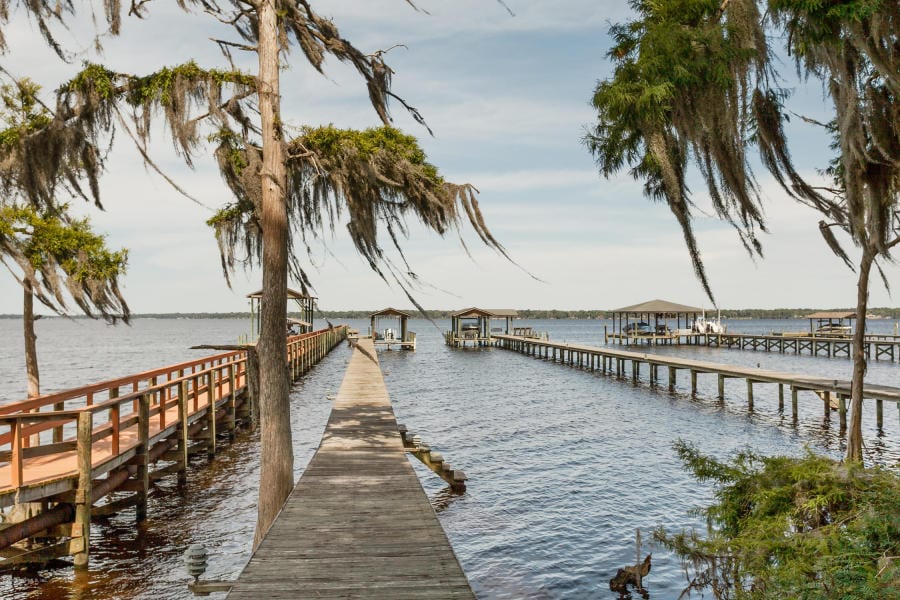5 Tips For Buying Waterfront Property
5 Tips for Buying Waterfront Property
Author: Mark Feagle, Jr. REALTOR® and Certified Residential Contractor
mfeagle@watsonrealtycorp.com
Many dream of owning a home on one of our breathtaking Florida waterways, but there are many things to be cautious of, as we were sternly reminded with Hurricanes Matthew and Irma the last two years. When purchasing your lot to build on, or buying an existing home, here are a few considerations before making an offer.
1. Do some soul-searching – What type of waterfront property will best suit your family’s lifestyle – river, lake, ocean, creek, canal? What are your most important criteria – view, navigation to ocean, privacy, lot size? Unlike new flooring and paint, these details of the property cannot be changed later. Figure out what your non-negotiables are.
2. Cost to own and maintain- The cost of owning and maintaining a waterfront home is considerable. It is important to understand what your required costs will be that are unique to the property. Before making an offer, get quotes for homeowners’ and flood insurance. If flood insurance is required, find out how much the current owner pays for their policy. You may be able to get the same rate from their carrier. Find out if there are Homeowners Association fees, CDD fees or special assessments. All of these items will weigh in with your lender as he/she determines how much your monthly payment will be and how much cash you will be expected to bring to closing.
3. The CCCL – The Coastal Construction Control Line is relevant for oceanfront homes and structures. The CCCL regulates how you can build or rebuild on your oceanfront property with consideration to the environment, upland properties and public access.
4. Property history– In Florida, sellers of real property (and their REALTORS®) have a legal obligation to disclose anything they know about the property that could affect the value and that is not readily observable to the prospective buyer. For example, if the home has ever flooded the seller must disclose this information. Ask how the property fared during the most recent storms.
5. Recreation– What size watercraft can the dock and waterway accommodate? Will bridge heights play a factor? Is the water tidal? What species of fish and wildlife inhabit the area? Will local zoning and permitting authorities allow future improvements to the current dock or boathouse? Enjoying your waterfront property, the way you envision, is the ultimate goal!
If this list seems daunting, seek the guidance of a real estate professional. A full-time, local REALTOR® knows the market, the right questions to ask, and where to find the answers. They can put you in touch with the appropriate governmental departments for permitting and zoning issues, and they have reliable resources for financing, insuring and maintaining your new “Dream Home”. A conscientious boater wouldn’t go out on the water without proper safety equipment and checking the weather report; by the same token, if you’re in the market for a waterfront property, make sure you do your homework and enlist the help of professionals.

